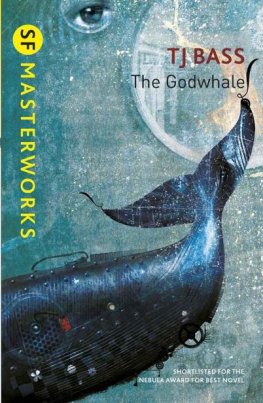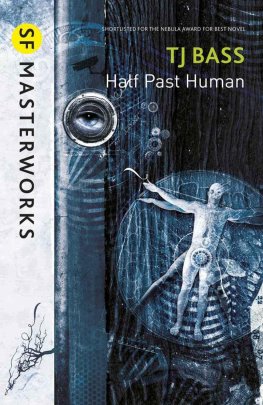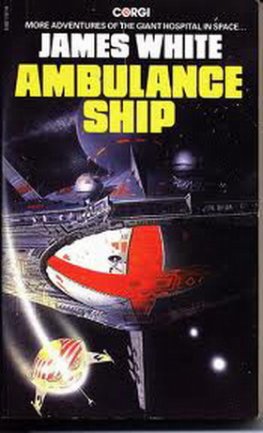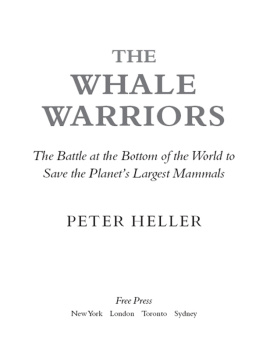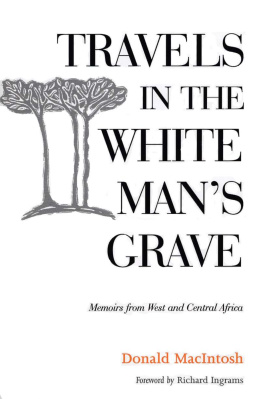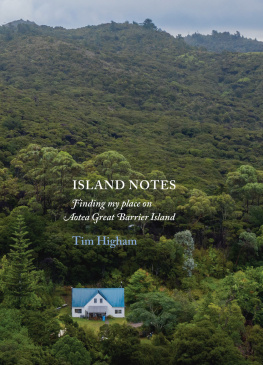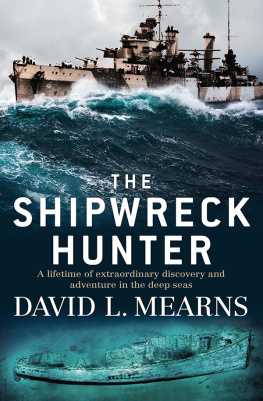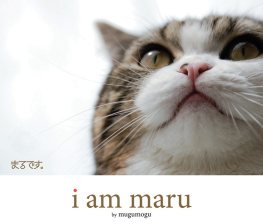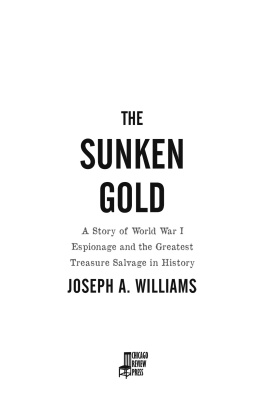The Godwhale
by T. J. Bass
This book can be read quite independently of that to which its a sequel. (But do read it! Half Past Human (1971) is also a Masterwork, and deservedly so.) In whatever order theyre read, the two books flesh out a world that challenges as much as it engages the reader: a world in which the multiplication and alteration of human flesh set the stage.
The challenge comes from two sources. One is the recognition that the repugnant future world were shown is a logical projection of certain trends in ours. The other is that our repugnance is given every opportunity to make itself felt. What carries us throughwhat makes us grimace, gulp, and read onis the authors skill at making us indentify with characters most of us would shudder to meet and rather die than be.
Thomas J. Bassler (19322011) was a medical doctor, who in the late 1960s and early 1970s wrote science fiction as T. J. Bass. He used his professional knowledge and vocabulary to remarkable effect in his novels, where physiological terms are used to describe hot feelings and sharp shocks in chill prose.
The central character of the opening chapter is Larry Dever, a vigorous young man out for a run in the park. He lives in a not-too-distant future of overcrowded cities in which this is a rare, rationed privilege. We have just come to empathise with him when, as a result of his own recklessness, he is cut in half at the waist. He has the option of suspended animationfrozen sleepuntil such time as he can be repaired. He wakes after centuries to a world even more crowded, but sending out starship colonies under the direction of the artificial intelligence OLGA. Medicine has indeed advanced, but Larry finds the method offered to repair him ethically revoltingas do we. He returns to the cold sleep. Millennia later, hes thawed again.
Then his troubles begin.
Hes soon dragging his mutilated body along for dear life through the sewers of Earth Society, the ultimate outcome of the world he was born into and the later world he glimpsed. OLGA and her star colonies are long forgotten. Humanity has been genetically modified and prenatally altered into a short-statured, short-lived species, the aptly named Nebish. Three trillion of them live in shaft cities. The entire land surface is farmed. The oceans are deador so everyone thinks.
Everyone is wrong. Species after species has mysteriously returned to the seas. Beyond the sky OLGA has been at work, and below it so has her remaining faithful servant, the robot whale Rorqual Maru. The remnants of the unmodified human species, which in Half Past Human haunted the Gardens as hunted scavengers, have taken to a Benthic life. When they are joined by Larry, his atavistic ally Har, and Rorqual, they become a threat to Earth Societyand an opportunity.
We follow both sides of the struggle that ensues. Without losing sight of the side were on, we come to identify with Hive Citizens as well as with Benthicsto say nothing of identifying with machines, some of which may well not be conscious in any human-like sense, but who charm nonetheless. In the endbut you must find that out yourself. I wont give it away, but it leaves us with questions, one of which is whether the end of this book is indeed the end of the story the author had imagined. It seems likely that in Bass mind there were stories still to be told, and its certain that the issues so sharply raised are not in the end resolved. As Bass entry in the online Encyclopedia of Science Fiction concludes: But he fell silent, his series incomplete.
Why? We can only speculate, but one possibility is that the polarity Bass set up, between a humanity biologically adapted to an ever more crowded civilization and an unmodified humanity capable of surviving in the wild, can never be satisfactorily resolved. Not even interstellar colonization can offer an escapeultimately, every successful human colony is a potential seed of another Hive.
We could, of course, decide to limit population growth, voluntarily or otherwise. Current projections suggest a levelling out of human numbers at about ten billion by mid-century, followed by a slow decline. But a declining, aging population presents its own difficulties, which in time might seem worse than the alternative. And who knows how our descendants would respond if new methods of agriculture and industrial production made room for renewed population growth without obvious inconvenience? Denying unborn generations a chance of life mighton an entirely secular ethic, leave alone religious stricturescome to be seen as wrong. And subtly adjusting peoples minds and bodies to make them happier in crowded conditions might not horrify those concerned. But then were on the way to becoming the Nebish, or something very like it.
The only alternative, it would seem, to this gruesome fate would be to let civilization crash and the survivors roam as savages until the next asteroid impact or ice age. This does raise ethical problems of its own, genocide being generally and (in my opinion) rightly frowned upon. The same result could happen without deliberate intent, as a by-product of nuclear war or environmental catastrophe, but again
Given the parameters Bass set up, we find ourselves at an impasse. It may be that he did too, and that was why he fell silent. But thats no reason for us to give up on the problem, or to not enjoywith some discomforthis blackly comic and imaginatively fertile work. As Ive argued in the introduction to the Masterworks edition of Half Past Human, Bass books are very much a product of their time, but in confronting us with sharp questions about our most fundamental moral and economic assumptions they remain of pressing relevance today. Theyre also, in their own grim way, great fun to read.
The doctor gave us the diagnosis, and the prognosis. He left it for us to write the prescription.
Ken MacLeod
Guillotining ruins your day
But if you cant be repaired
It ruins your life.
Sage of Todd Island
Larry Dever knelt in darkness at East Gate, knees in damp gravel and hands on cold granular bars. Pre-dawn mists flattened his shock of yellow hair. Cool droplets clung to his young angular face. Jerkin and fibrejeans moist.
Share and update, murmured Larry.
I share, said his Belt, blinking an amorphous chalcogenide telltale. The Park will be warm this dayninety-two degreesclear. Pickables: numerous.
The long night had chilled his bones. Where was that sun? Where was warmth?
Sex?
Probability zero point two, said Belt.
Larry smiled. That was probably too high, considering his youthwhen gonadal activity was over 98 percent anticipatory. He rested his bony face against the barsa Dever face that carried the heavy malar and mandibular lines of his clan. The eastern sky lightened to blue, then pale ochre, as it slowly extruded a copper solar disc that rose and drove the fog from the lake.
Finally.
Optics rotated on a sentry pole. The gates squeaked open.
Enjoy. Enjoy. Run and spend your CBCs, shouted Belt. The words were accompanied by brisk music, a cavalry charge tune that warmed Larrys blood and pulled him, running on stiff legs, into the long, dew-damp grass. Six small brown birds burst from cover and flew off. Larry raced on, disturbing leafhoppers and a squadron of yellow-grey moths. Reaching the limits of his myoglobin oxygen, he paused to catch his breath. The sun warmed the nape of his neck and dried his fibrejeans.
Pickables? asked Larry.
Belt showed him a variety of fruits and grainshuge steak-tomatoes, rich breadfruit, sticky grapes. He was dazed by the wild profusion of edible biologicals. Names? His vocabulary was limited to the citys gelatin flavours: ambergris, calamus, kola nut, melilotus, rue, storax, and ilang-ilang.

